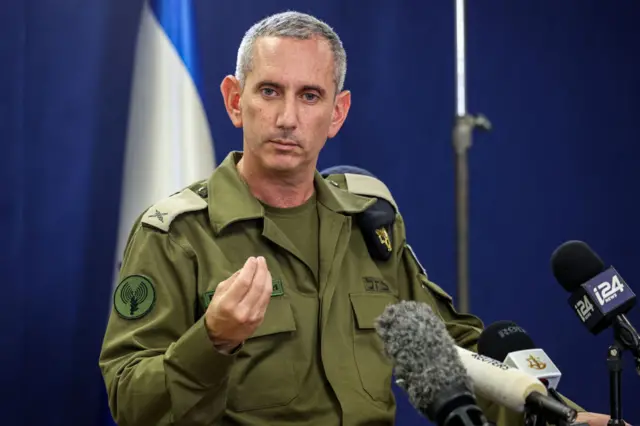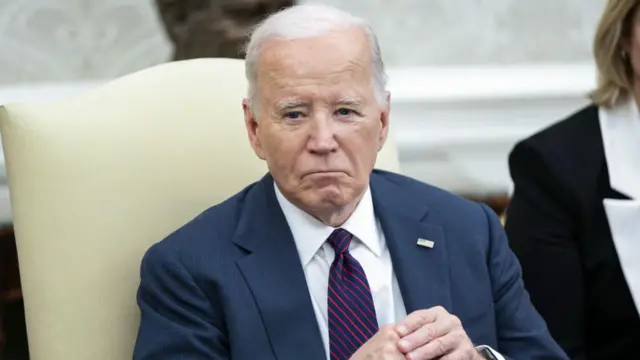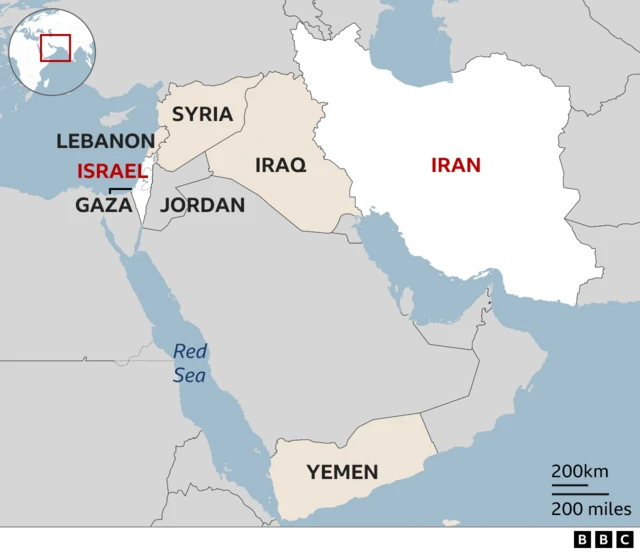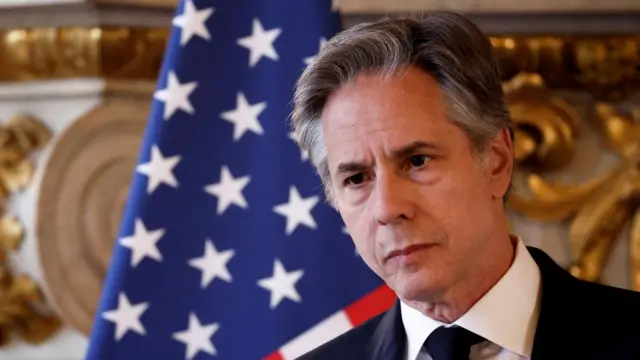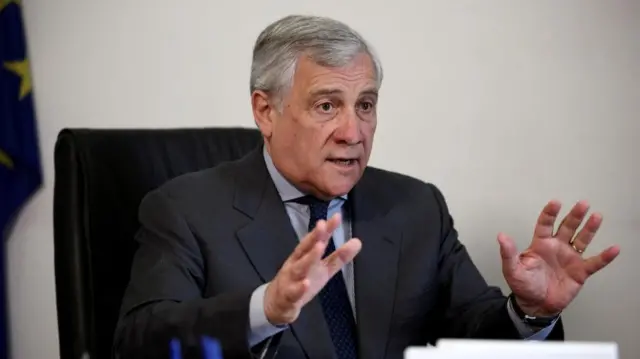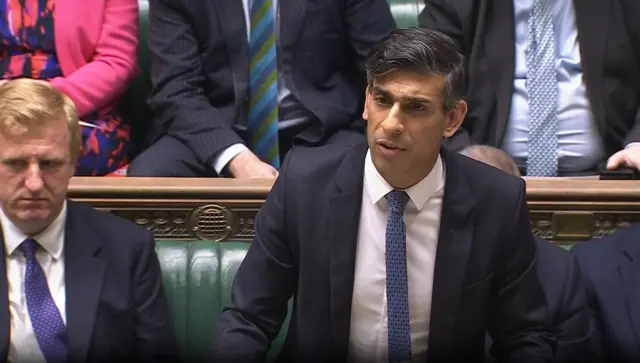
Israel begins to shape narrative on its response to Iranpublished at 21:46 BST 15 April 2024
James Landale
Diplomatic correspondent, reporting from Jerusalem
The signals that we’re getting from Israel’s war cabinet are that there will be a response to Iran’s attack but it will be carefully calibrated.
Local media are reporting some members saying Israel will respond “clearly but decisively”. Others are saying they will respond “wisely but not from the gut".
What is interesting is that even though we don’t know precisely what Israel has decided, they have started to signal and shape the narrative before it happens.
But it is clear there will be a response: the head of Israel’s army, Herzi Halevi, has said so.
The question for Israel will be how severe they wish their response to be. The first choice is: does Israel attack Iran itself, or does it attack one of Iran’s supportive allied militias, so-called proxies, in the region.
The expectation is that Israel will respond by attacking Iran directly, to match the fact that Iran attacked Israel directly for the first time in a very long time.
Then the question is, if Israel does wish to attack Iran proper, how does it do so in a way that is effective, that sends a message, that is a deterrent, without alienating its allies, and more importantly without triggering a full scale regional war.
So that’s the balance they have got to try and get right.
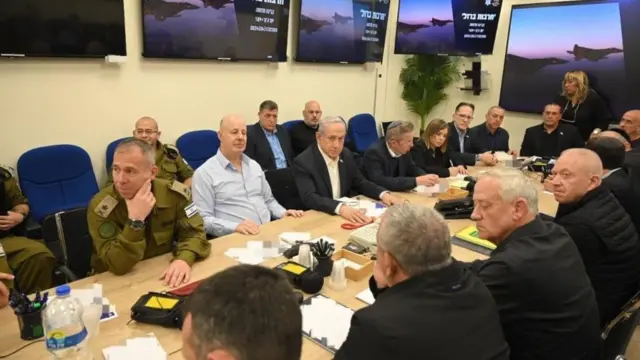 Image source, Israeli government handout
Image source, Israeli government handoutThe war cabinet also met on Sunday, as seen in this Israeli government handout

